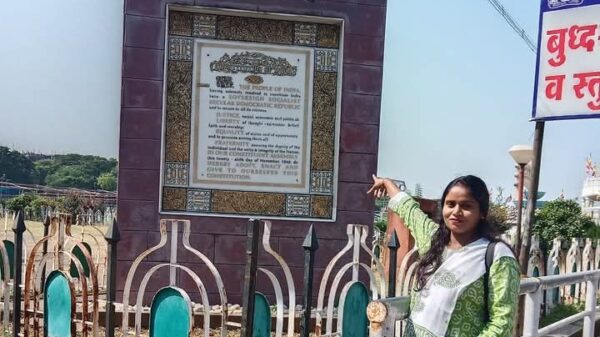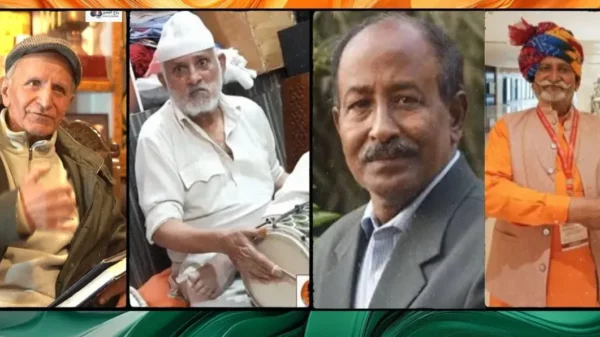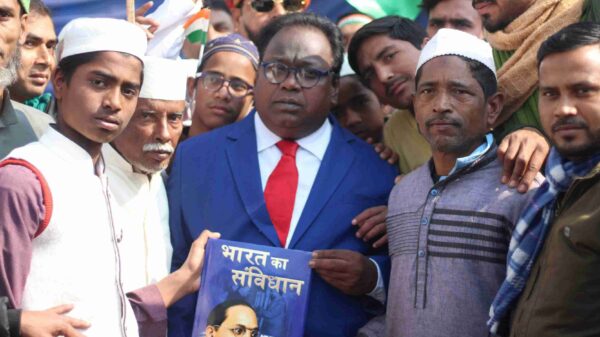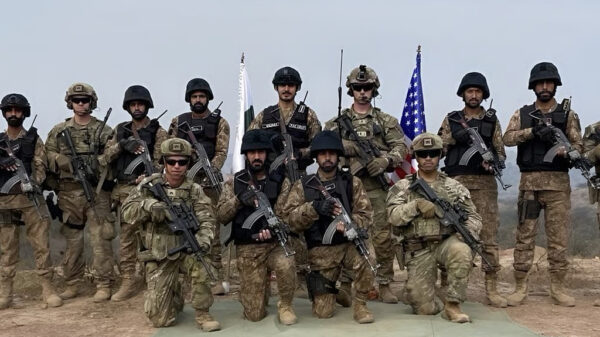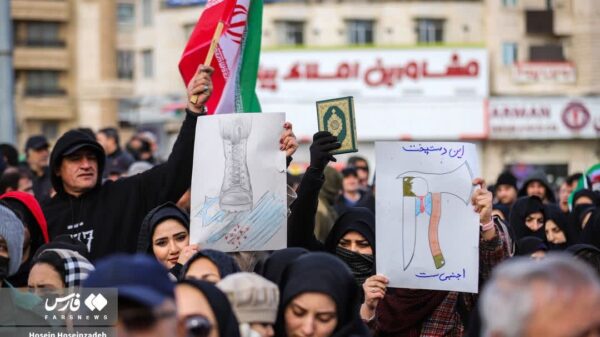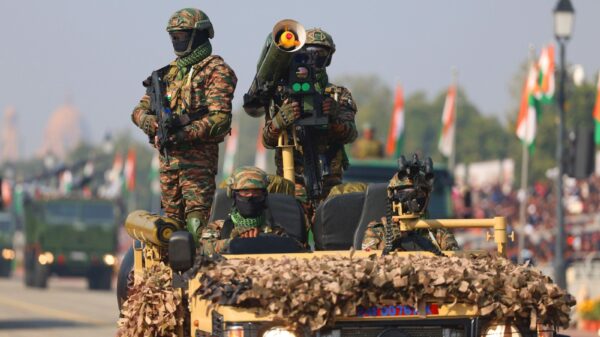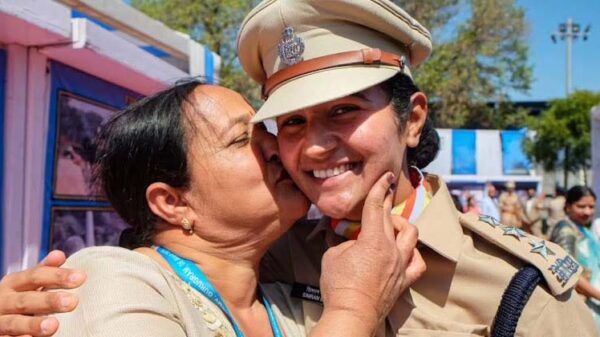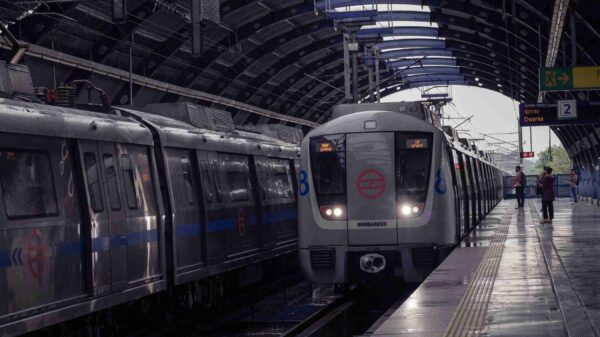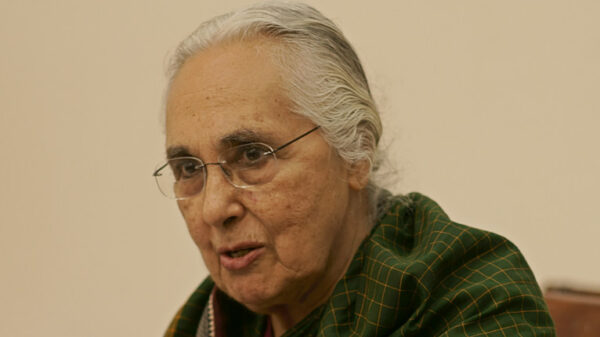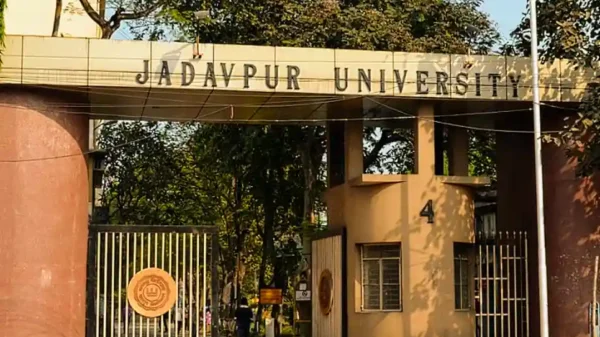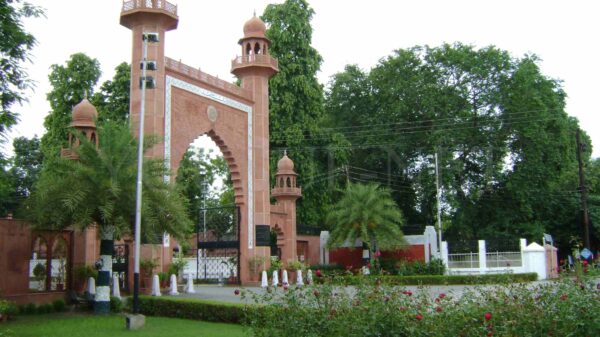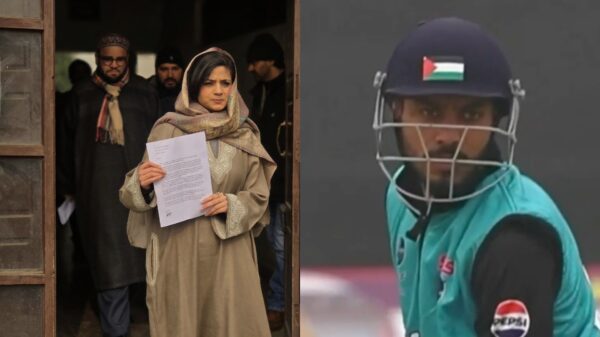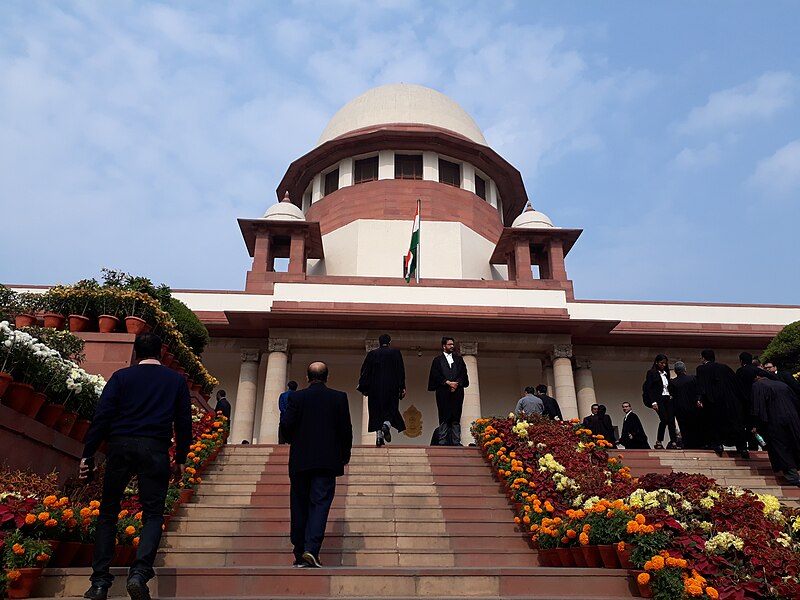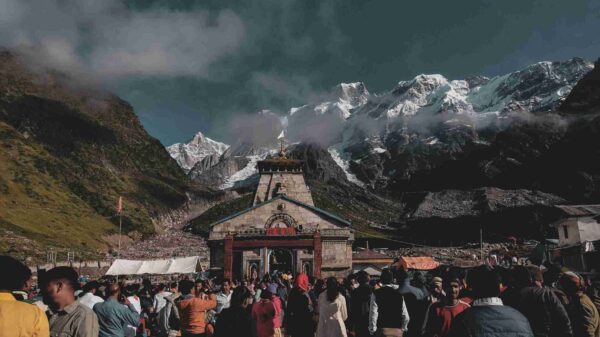The Supreme Court on Tuesday strongly condemned the rising cases of custodial violence, calling custodial deaths a “blot on the system” and warning that the country will no longer tolerate such incidents. The remarks came while the Court was hearing a suo motu case on the poor installation of CCTV cameras in police stations across the country.
A bench of Justices Vikram Nath and Sandeep Mehta referred to its earlier order and noted that Rajasthan alone had reported 11 custodial deaths in the first eight months of 2025. “Now this country will not tolerate this,” the bench said. “This is a blot on the system. You can’t have deaths in custody.”
Solicitor General Tushar Mehta agreed with the bench, saying, “Nobody can even justify or attempt to justify custodial deaths.”
The Court then questioned why the Centre had still not filed its compliance affidavit in the case. “The Union is taking this court very lightly. Why?” Justice Nath asked. Mehta replied that he was not appearing in the suo motu matter but stressed, “Nobody can take the court lightly.” He assured that the compliance affidavit would be filed within three weeks.
The hearing comes months after the Supreme Court took suo motu cognisance of a media report revealing 11 custodial deaths in Rajasthan, seven of which occurred in the Udaipur division.
The bench also reviewed progress on its 2018 and 2020 orders, which directed the installation of CCTV cameras in all police stations and in offices of central investigating agencies like the CBI, ED and NIA. Senior advocate Siddhartha Dave, assisting the Court as amicus curiae, said many states and central agencies had still not complied.
Only 11 states have submitted compliance affidavits so far. Dave pointed out that even in the earlier 2020 case, many states had failed to file their reports.
The bench noted a positive example from Madhya Pradesh, where every police station and outpost is now linked to a centralised district control room. “That is something remarkable,” the judges said.
Dave also informed the court that although three central probe agencies had installed CCTVs, three others had still not complied. Mehta responded that while the agencies were “bound by the judgement,” having CCTV cameras inside police stations could sometimes affect investigations. “But now that there is a judgement, we can’t argue,” he admitted.
The discussion also briefly touched on global practices. The bench pointed out that in the United States, some footage is live-streamed. Mehta added that the US even has private jails and recalled that an earlier bench once suggested involving industrialists through CSR funds to build such facilities in India.
The court said it is already examining the concept of open-air prisons, noting that such facilities can reduce overcrowding, curb violence inside jails, and lower financial burden on the state.
The bench expressed concern over the lack of budgetary allocation for CCTV installation in three central agencies. It ordered all remaining states, Union Territories and central agencies to file their compliance affidavits within three weeks. The matter will be heard again on December 16.
The court warned that if the affidavits are not filed by then, the principal secretaries of the home departments or the directors of central probe agencies will have to appear in person and explain the non-compliance.
The bench appointed Siddhartha Dave as amicus curiae in the suo motu case as well, reaffirming that it expects strict implementation of its directions.






